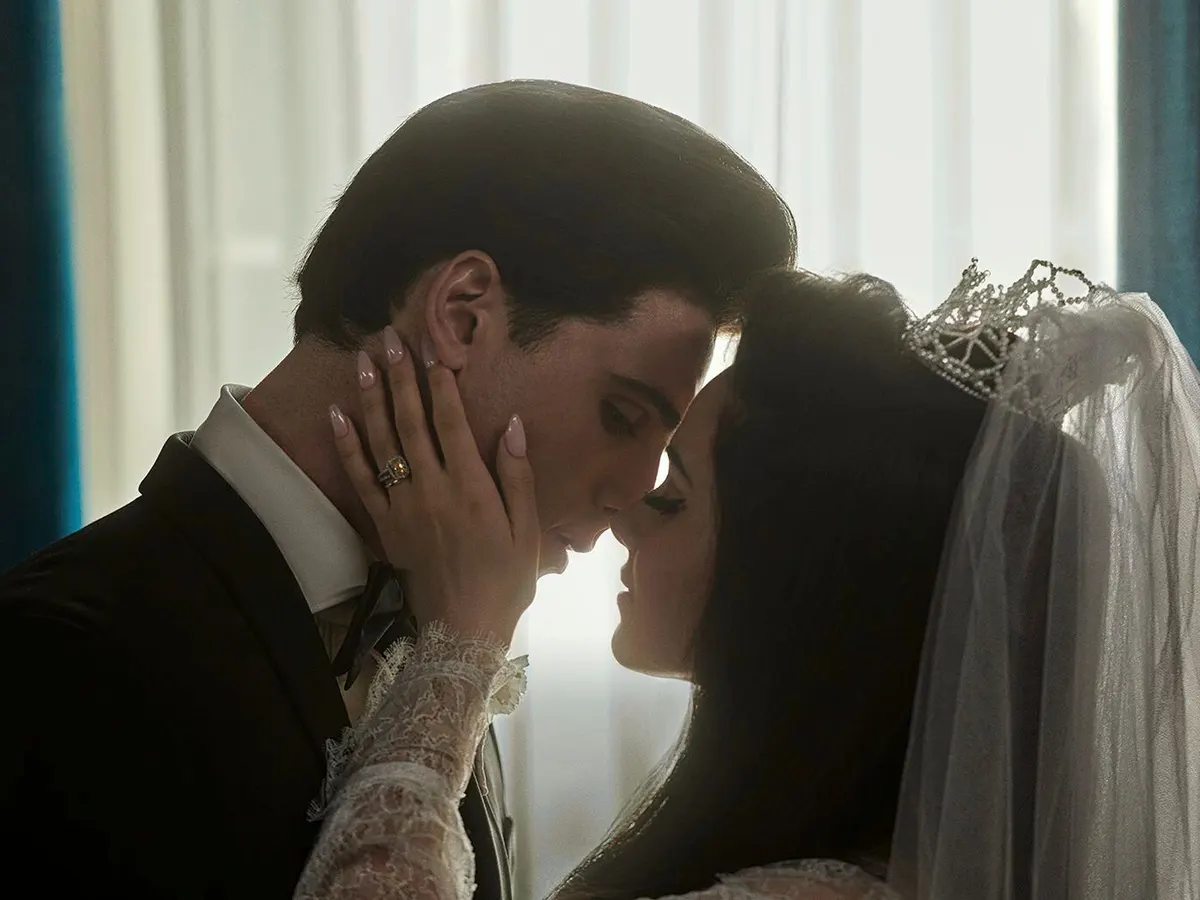Not kinky enough, not gothic enough, with just the right amount of Charli xcx and male yearning.
Emerald Fennel’s “Wuthering Heights” fell victim to keyboard warriors and furious English Lit divas long before the film even came out. I was personally excited by the cap advertising, the 90s romance novel poster and of course, the Charli xcx soundtrack. Sadly, I think this film does exactly what it says on the tin. It’s a loose adaptation with its Hollywood star leads as its main attraction.
That being said, the story is still told well and each shot has been carefully curated. Visually, it’s an absolute treat and Jacob Elordi as Heathcliff had me feeling weak in the knees to quote Margot Robbie. Despite having somewhat enjoyable time watching this film, among the stunning set design, hair, make up and lavish clothes, I can’t help but feel a bit disappointed. Coming back to my point about the keyboard warriors and English Lit divas, any theory about this being a modern retelling was proved false. But maybe this goes deeper; recently I haven’t left the cinema thinking ‘Wow, that was cinema’ and having that slightly life altering feeling after a really good film. But maybe amongst all these theories and expectations my hopes were too high. In a world where we are constantly consuming and waiting for the next big thing, it’s becoming harder to get excited about things. So maybe this is a case of Hollywood producing for the masses, not the niche arthouse girlies who want to be wowed by every form of media they consume.
So, overall I did enjoy “Wuthering Heights” despite the directors obvious upper middle class shying away from casting a person of colour for Heathcliff and instead focussing on class struggles. I still totally get the casting of sexy up and coming actors as I’m sure we will continue to see in more adaptations. But hey, I did deeply enjoy Heathcliff in a soaked white shirt, yearning for Cathy. Watch out Mr Darcy, you’ve got competition.
Side note: bring back male yearning.

